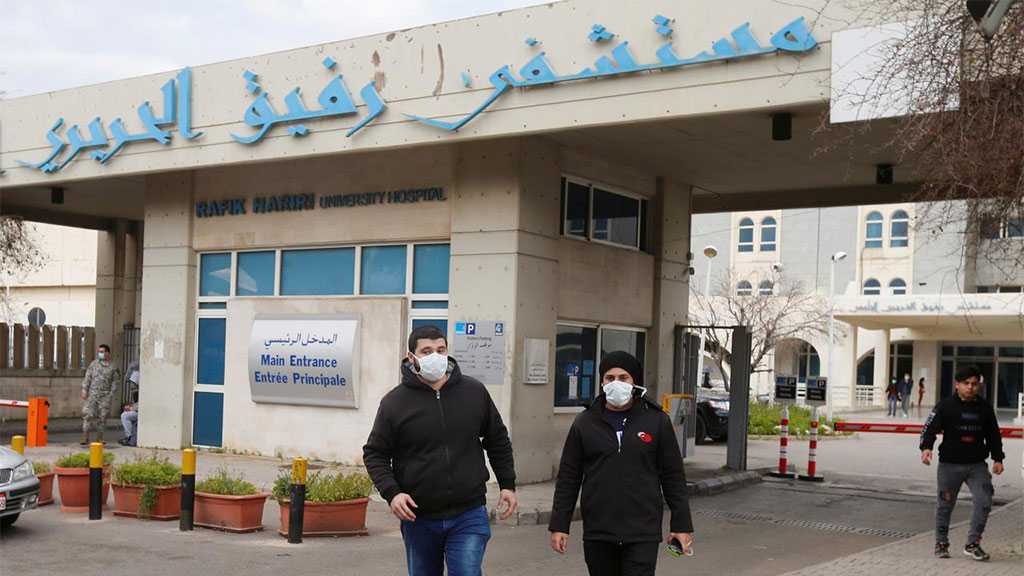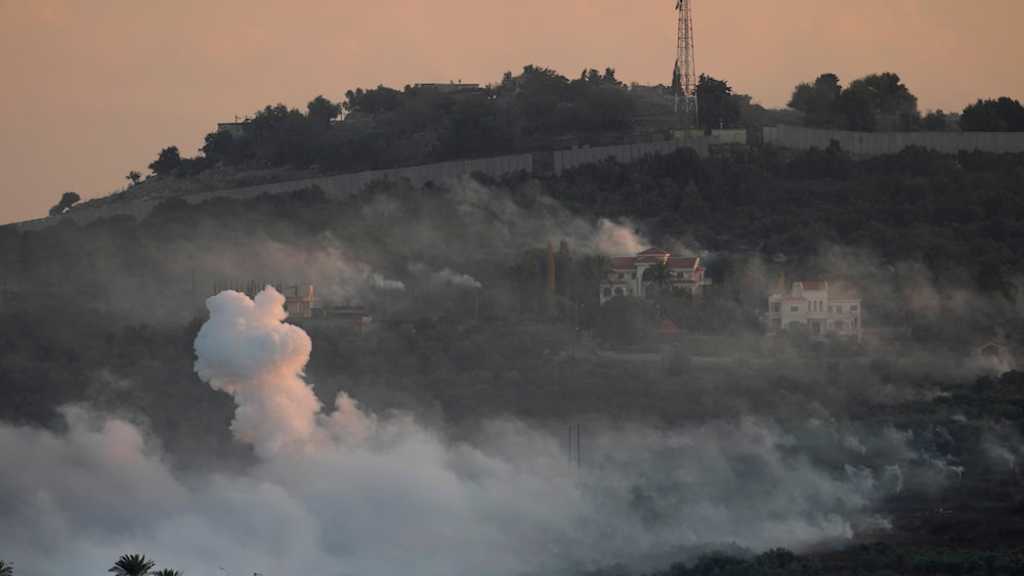
Lebanon Confirms 592 COVID-19 Cases, Six New Deaths

By Staff, Agencies
Lebanon confirmed 592 new COVID-19 cases Tuesday and six new deaths, as one of the country’s leading physicians in the fight against the virus expressed concern about the ability of the health care sector to absorb the impact of increased cases.
Of the new cases, 590 were detected among the local population and two among travelers from abroad, raising the total number of coronavirus cases in the country to 25,449.
There are now a total of 252 deaths due to coronavirus complications since the illness was first detected on February 21.
Cases were detected among 11,013 PCR tests administered in the last 24 hours, bringing the positivity rate to 6.6 percent among the local population, according to the daily Health Ministry COVID-19 report.
Lebanon’s coronavirus cases saw an alarming surge in August and consequently higher positivity rates, after the catastrophic Beirut Port explosion. Thousands of injuries from the blast further overwhelmed the already-strained health care system.
A high number of daily reported cases continued through September, even after a two-week lockdown was imposed.
Head of the Rafik Hariri University Hospital – the country’s leading hospital for coronavirus – Dr. Firass Abiad said that hospitals receiving virus patients are working at high capacity and some are now full, in a series of tweets posted Tuesday.
“Occasionally, patients are being transferred across the country for an available ICU bed,” he explained, adding that more than 50 medical workers are getting infected by the virus, decreasing the number of an already worn-out workforce.
Abiad also pointed out that no payments related to coronavirus have been made by the state to hospitals since the virus was detected in the country.
Hospitals in Lebanon were already struggling with little medical supplies and equipment, as a dollar liquidity crunch complicated imports and payments.
The health care sector was further strained after the coronavirus pandemic arrived in Lebanon, with some Beirut hospitals taking further hits after the port blast last month.
Comments
- Related News



